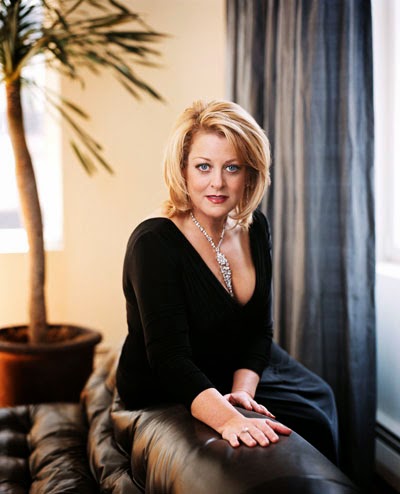Mario Venzago may be taking more than a sentimental jouney this weekend

It became close to scandalous when Mario Venzago was messily separated from the music directorship of the Indianapolis Symphony Orchestra four years ago last summer. Mario Venzago has been rapturously received. But with a different CEO and altered board leadership, the ISO is formally admitting Venzago into its official history Friday when it unveils a portrait of him to honor his tenure as its sixth music director (2002-2009). The occasion is his return to the Hilbert Circle Theatre podium, with full-length evening concerts Friday and Saturday. Interviewed at the Conrad Hotel downtown, Venzago looked refreshed and relaxed a few hours after the historic reunion opened with a Classical Coffee Concert. The traditionally abbreviated program left out Schumann's Symphony No. 4 in D minor, but included the other two pieces also to be heard in the evening concerts: Glazunov's Violin Concerto, with soloist Vadim Gluzman , and Mahler's Totenfeier. The last work may look

.JPG)













